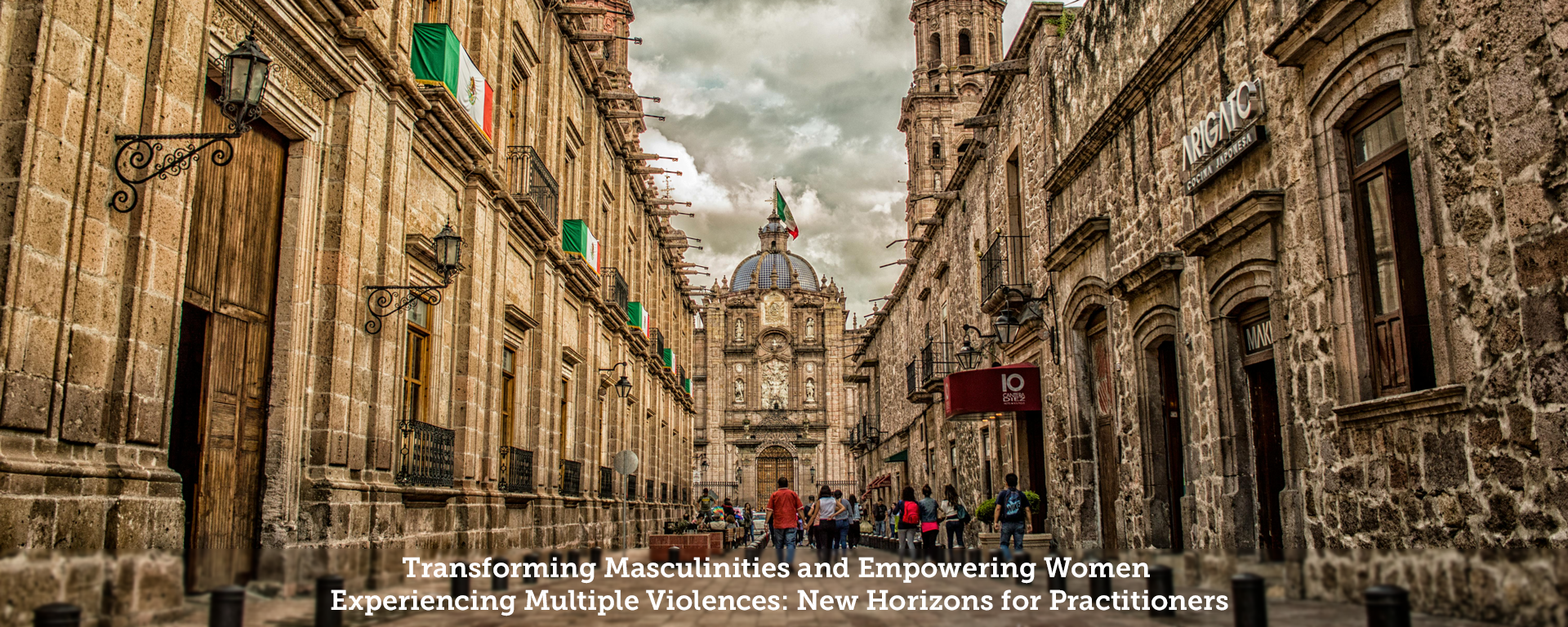
May 13 to 16, 2025 - Mexico City
An international symposium bringing together diverse fields to create conversation and ensure comprehensive multifaceted solutions to gender-based violence.
May 13 & 14
Transformative Research Approaches at Universidad Iberoamericana
Engaging Men in Violence Prevention and Gender Equity symposium explores innovative methodologies to involve men in gender justice and violence prevention efforts. Through dynamic workshops and research presentations, participants engage in narrative research, social cartography, and participatory action methods to understand and map men's transformative journeys. The program includes expert-led discussions, case studies, and practical exercises, fostering a collaborative environment to analyze and challenge gender norms. With contributions from diverse research teams, this event promotes actionable strategies to inform policy and interventions, emphasizing ethical considerations and the importance of engaging men as allies in achieving gender equity.
May 15 & 16
Keynote Speakers and Panel Discussions at Comision De Derechos Humanos de la Ciudad de Mexico
Keynote speakers and panel discussions will bring together participants from diverse sectors and countries, offering a platform to enhance both global and local perspectives on gender based violence (GBV) prevention and intervention. The events aim to share best practices, strengthen research and practical capacities, and promote human rights-based approaches to addressing GBV. By fostering collaboration and knowledge exchange between Canadian and Mexican contexts, we will extend research-based practices across cultural boundaries and expand our Community of Practice internationally. This will play a pivotal role in driving meaningful change by building robust local and international networks, advancing evidence-based policy, and improving inclusive GBV prevention and intervention strategies. Through this project, we emphasize that preventing GBV is a shared responsibility, empowering individuals of all genders to actively combat violence and foster safer communities.
Registrations Details: Registration will open February 1st.
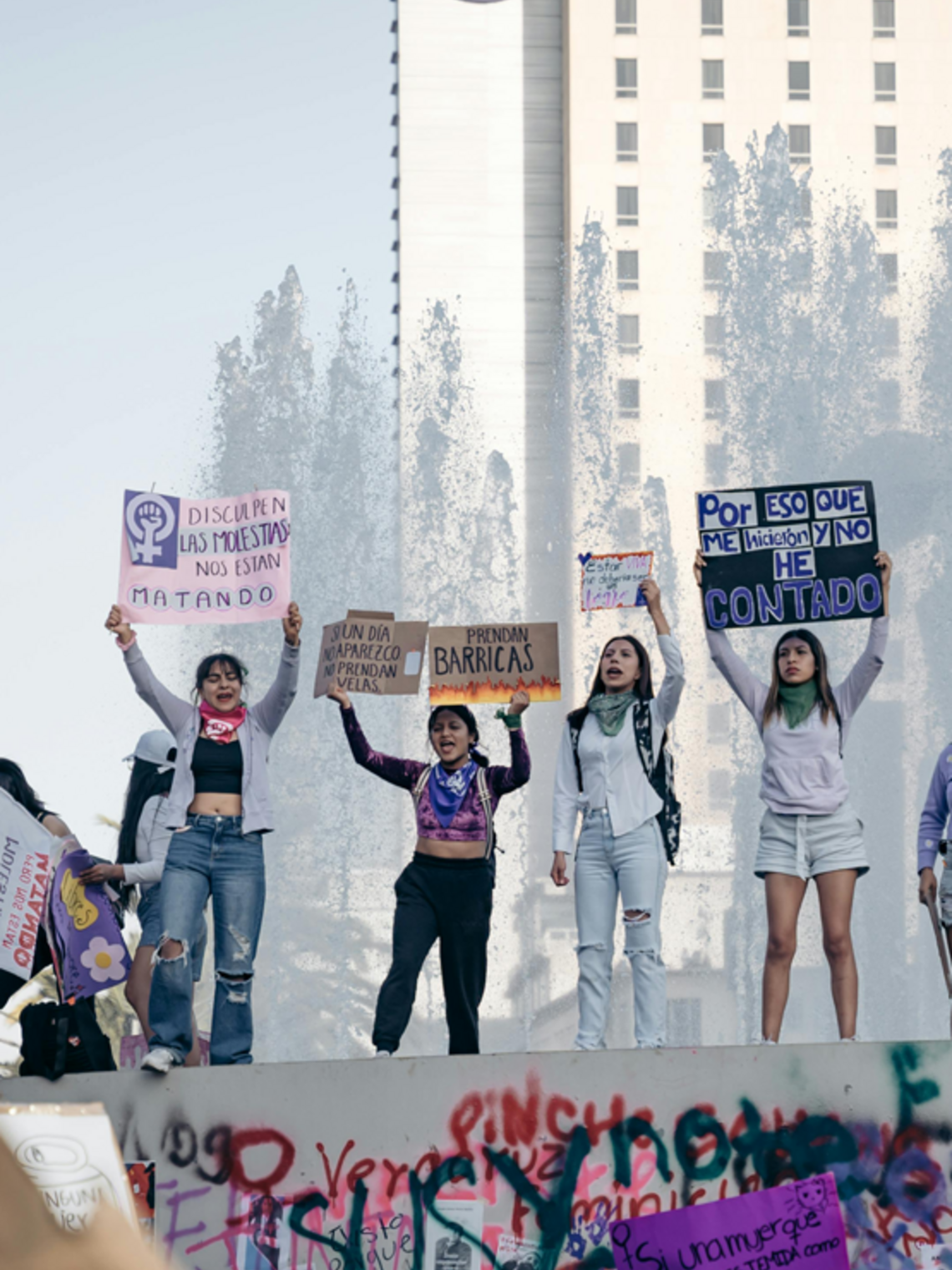
Photo by Mike González from Pexels
Keynote Topics:
- Advances and Challenges Following the Reform to the General Health Law on Mental Health and Addictions: The particular case of attention to women facing violence
- First Contact Care for Women Victims of Gender-Based Violence
- Community-Led Violence Prevention Strategies: Centering the Strength of Africentric and Ethnocultural Leadership
- Mainstreaming Approaches in the Attention of Women Facing Gender-Based Violence: Psychosocial, human rights-based, victim-centered, and do-no-harm
- Addressing Gender-Based Violence through Education and Advocacy
- Transforming Justice: Innovative Approaches to Addressing Gender-Based Violence in Organizations
- Women’s Experiences and Women’s Labour in Men’s Engagement Efforts
- Mental Health Practitioners
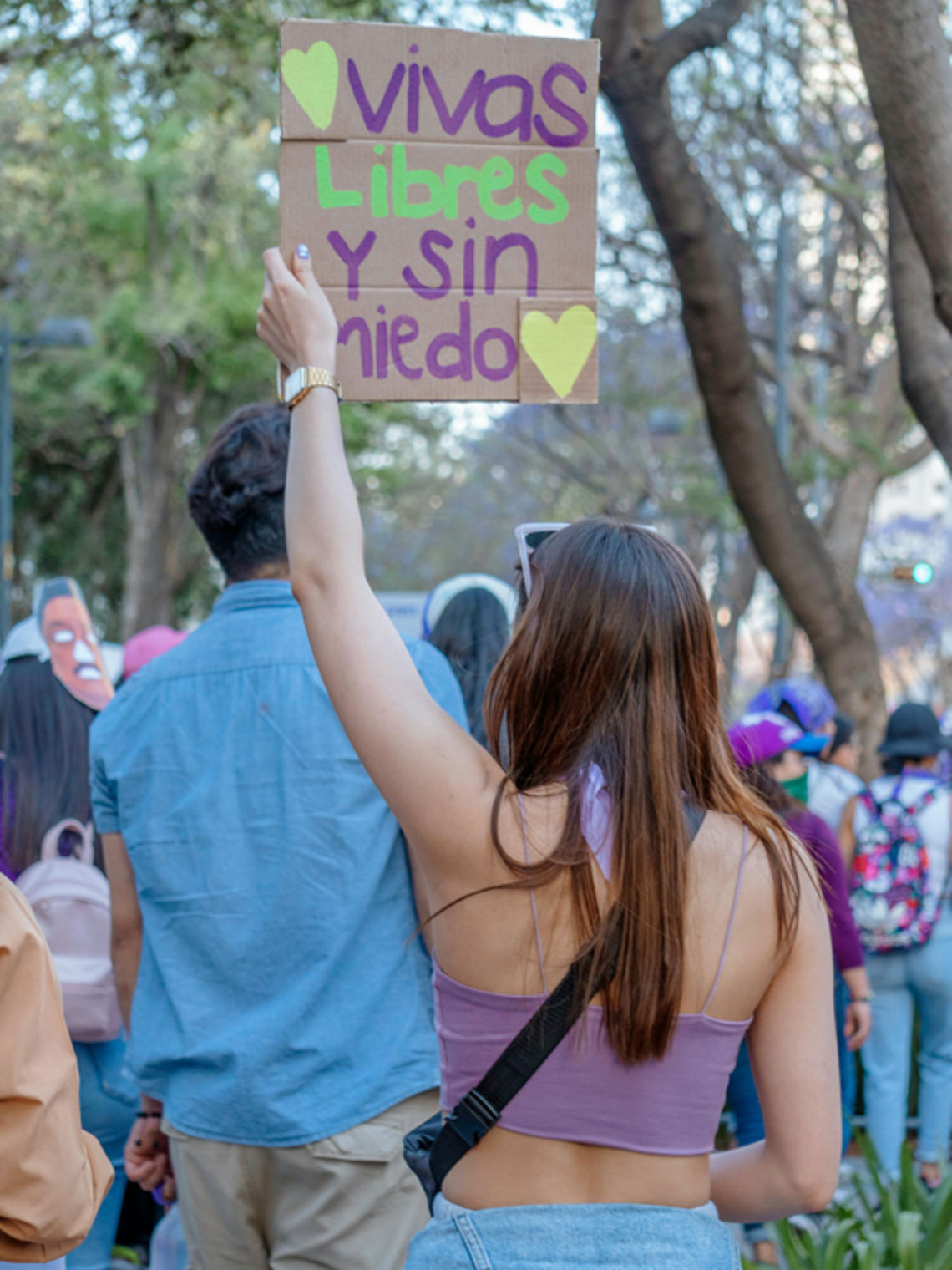
Photo by Viridiana Rivera from Pexels
Panel Topics:
- Safe Spaces for Women and Girls in Humanitarian Emergencies: A Vital Refuge
- Transforming Masculinities: Global Perspectives on Engaging Men in Gender Justice and Violence Prevention.
- The Ethics of Care as Hope in Contexts of Gender-Based Violence
- Transforming Masculinities: Psychoeducation workshops for the prevention of gender violence
- Empowering Women Affected by Gender-Based Violence: Sharing insights and best practices in mental health support
- Homophobic and Transphobic Violence: A form of gender-based violence
- The Ethics of Care as Hope in Contexts of Gender-Based Violence
Confirmed Speakers:
- Dr. Alejandra Amador
- Dr. Carolina Armenta Hurtarte
- Dr. Wahidyar Attaullah
- Dr. Esperanza Bosh Fiol
- Andrea Cabriales
- Paula Calderon
- Phillip Carlisle
- Dr. Tonya Callaghan
- Dr. Ana Celia Chapa
- Veronica Chirino
- Dr. Tara Collins
- Diego de Santiago Delfín
- Dr. Bidur Dhungel
- Dr. Rita Dhungel
- Adriana Elizabeth Díaz Velasco
- Mauricio Duarte
- Dr. Patrina Duhaney
- Dr. Ramon Abraham Mena Farrera
- Ahlam Fakih
- Dr. Michelle Gama Leyva
- Temilola O. Gbadamosi
- Marina Giangiacomo
- Marina Gonzalez
- Dr. Gabrielle Hosein
- Dr. Muhammad Ibrar
Mariam Ismail - Dr. Aamir Jamal
- Karen Lazaruk
- Dr. Liza Lorenzetti
- Dr. Alicia Llamas
- Dr. Manuel Lopez-Pereyra
- Nuriney Mendoza Aguilar
- Melissa Mostert
- Dr. Tanya Mudry
- Kendra Neeb
- Tania Naanous
- Ismael Ocampo
- Fanny Oliphant
- Dr. Ian Parcon
- Nashieli Ramírez Hernández
- Karen Ramírez
- Ivan Salazar
- Dr. Monica Sesma
- Sarah Thomas
- Lian Tolentino
- Dr. Helena Varela
- Dr. Ana Lilia Villafuerte
- Dr. Ahmad Waqar
- Dr. Christine Walsh
- Dr. Ajwang’ Warria
Our Team
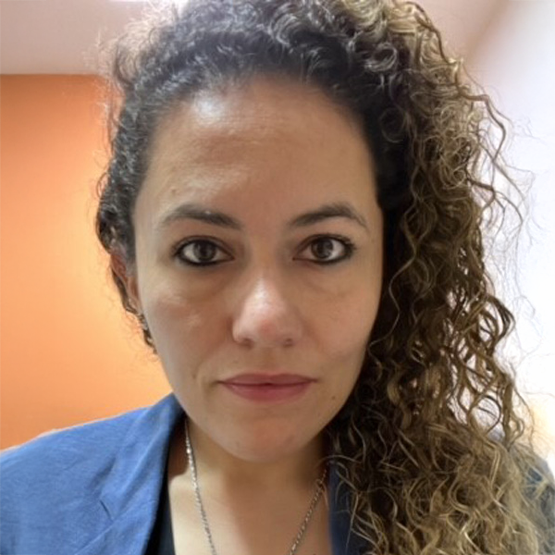
Dr. Alejandra Amador holds a PhD in Psychology from the Universidad Iberoamericana, Her research areas are resilience, families of missing persons, gender, psychosocial support, victims of extreme violence and human rights. She is a mental health facilitator and psychological counsellor certified by the Mexican Association of Psychological Counselling and Psychotherapy (AMOPP) and the National Board of Certified Counsellors. She teaches at the undergraduate and postgraduate levels.

Dr. Tonya Callaghan is an Professor with UCalgary’s Werklund School of Education. Their award-winning research is about integrating theory and practice so that educational stakeholders can act as allies to members of sexual and gender minority groups in resisting religiously inspired heterosexist oppression.
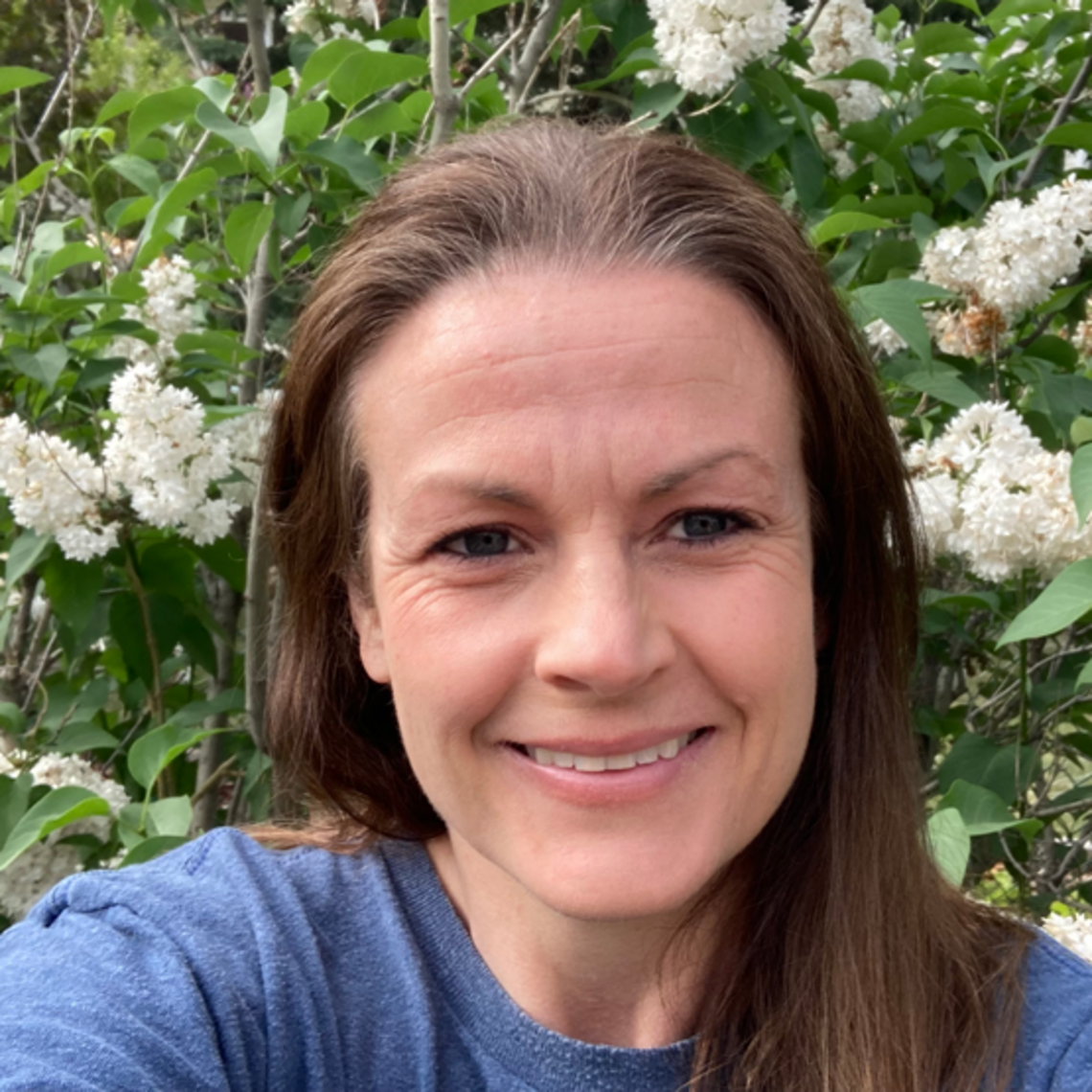
Dr. Tara Collins holds a PhD from the Faculty of Social Work at the University of Calgary. Tara graduated with her Master in Social Work from the University of Calgary in 2003 in the clinical stream with a focus on children and adolescent mental health. Tara’s practice experience includes working with the mental health needs of children, youth, and adults. She also has experience working in Child and Family Services in both rural and urban centres.

Marina founded Casa Tonalá, an agency that promotes community projects aimed at social justice in Mexico through Narrative Practices. Originally an architect, she now works as a Narrative Therapist. She completed a Master’s in Community Work at UCIRED and facilitates programs in Narrative Practices, with a focus on preventing gender-based violence. She also works in community-based programs and Single Session Therapy.

Dr. Carolina Armenta Hurtarte is a researcher and academic specializing in Social and Environmental Psychology. Since 2017, she has been a full-time academic at Universidad Iberoamericana, where, in addition to teaching, she advises on the Gender Violence Committee and coordinates the Doctorate in Critical Gender Studies.
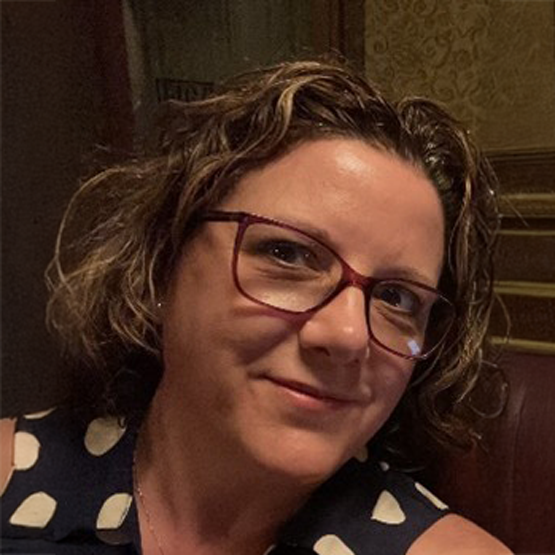
Karen is a practicing social worker since 2009, she has been working in the field of gender-based violence prevention and treatment since 2014. Her focus is on how to improve and put into practice gender-specific and trauma-informed interventions with survivors of gender-based violence and those who engage in it, believing everyone has a role in making home a safe place to be.
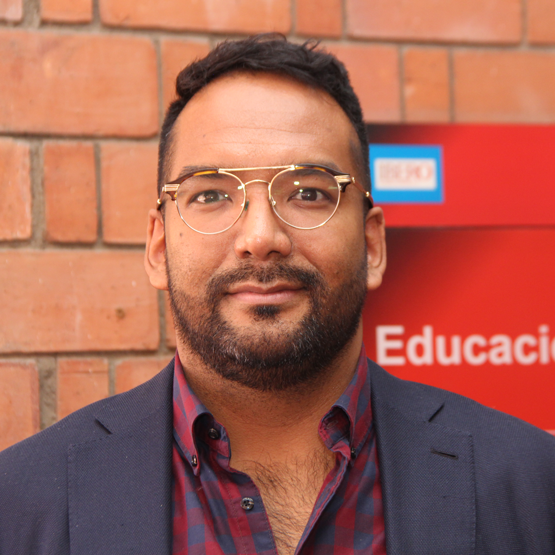
Dr. Lopez-Pereyra holds a Ph.D. in Education from the University of York in the UK, a master's in in Education and a BA in Psychology in Mexico. His research interests include critical pedagogies, diversity, gender, sexualities, and narratives.
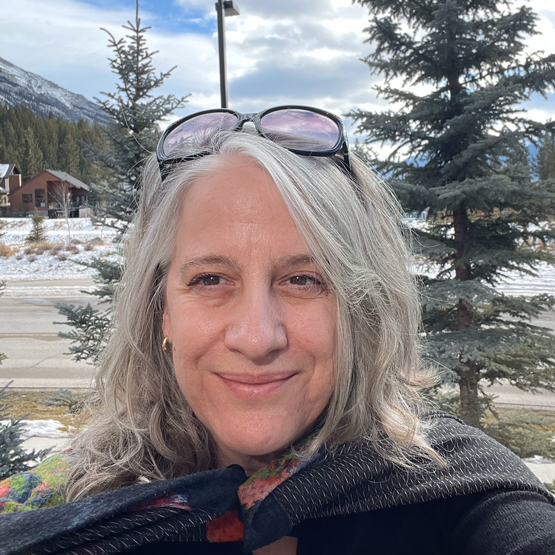
Dr. Liza Lorenzetti's teaching and research is informed by three decades of practice and participation in social movements to counter and eventually transform gender-based violence, wealth inequality, racism, and settler colonialism. Her experience includes family and group counselling, and community, organizational, and policy development.

Dr. Tanya Mudry is a registered psychologist and associate professor in counselling psychology in Werklund School of Education. She practices family therapy and adopts a relational systems perspective in her research and practice.

Kendra is a registered social worker with the OCSWSSW and is currently an MSW candidate. Kendra has worked in the field of gender-based violence for ten years, including front line crisis work and advocacy. She has experience facilitating group and individual counselling with women fleeing domestic violence, as well as individual counselling in anti-human trafficking.
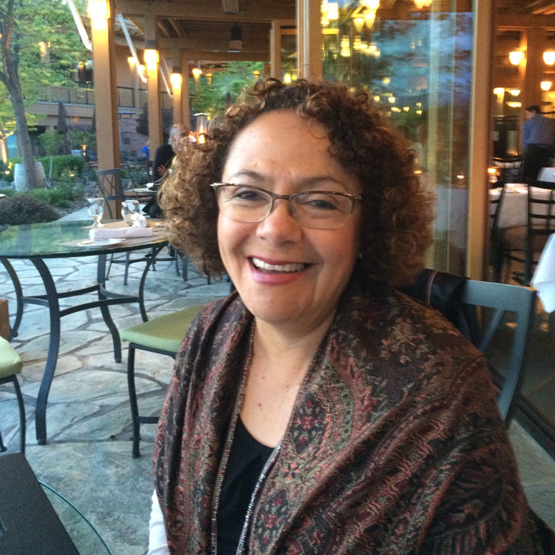
Fanny is a Mexican-trained psychologist from the Universidad Nacional Autonoma de Mexico. She participated in the training of the Family Therapy Program and Narrative Therapy in Calgary. She worked in Calgary as a Family counsellor for more than 13 years at CIWA, helping immigrant families on different issues, such as family violence, mental health and facilitating integration in the new country.

Dr. Sesma-Vazquez is an Assistant Professor at the Faculty of Social Work, University of Calgary, and the Director of the Distress Centre Calgary Knowledge Hub. Her current clinical and research interests focus on relational and systemic work with underserved communities. Monica’s research focuses on GBV prevention, mental health and wellbeing, children and their families, immigrants, refugees, and newcomers’ issues.
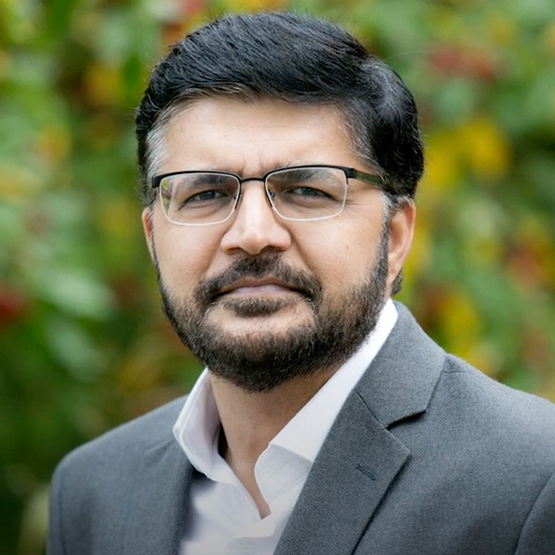
Dr. Aamir Jamal is Associate Professor of International Social Development and Social Policy at the University of Calgary. He is an esteemed international scholar, researcher, and activist for gender justice, girls’ education, and women’s rights with a focus on the Global South. His work, which emerges from a strong social justice perspective, has informed policy and practice for national governments and international agencies, and inspired social movements.
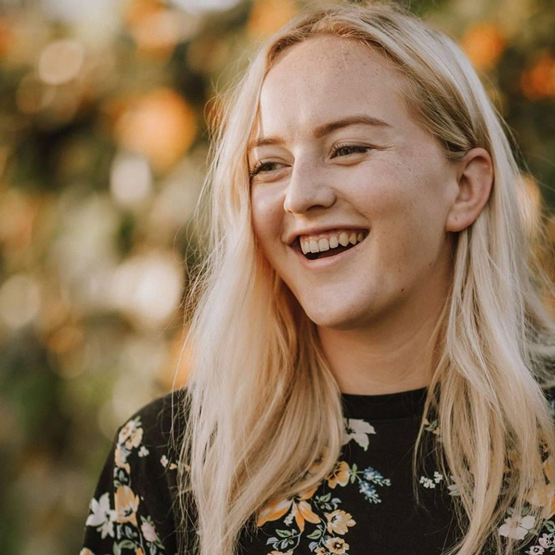
Sarah, born on Treaty 7, is a settler from Dutch, heritage. She has over 6 years of experience in grassroots community organizing and research and is an emerging activist scholar, feminist, and aspiring ally for gender, race, and ani-colonial justice and reconciliation. She completed her Bachelor of Social Work at the University of Calgary and is a recent graduate of the Master of Social Work program at York University.
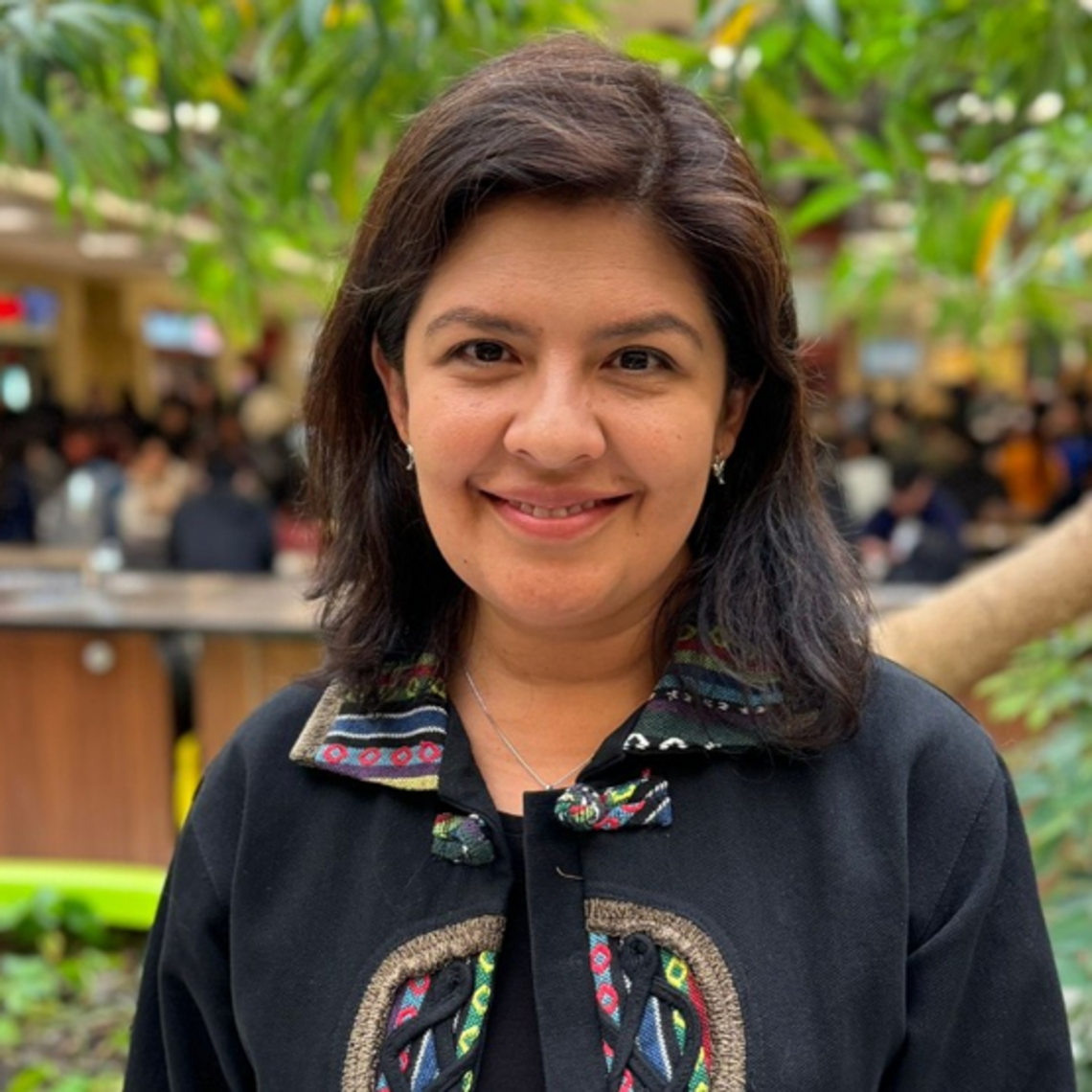
Veronica holds a Master of Social Work with a specialization in International Community Development from the University of Calgary, and a Law degree from the National Autonomous University of Mexico (UNAM). Veronica has worked as a research assistant at the University of Calgary, focusing on the well-being of Latino men, She is currently working on Community Development on a municipal level. Veronica supports different grassroot initiatives aiming for social justice.
Thank you to our sponsors
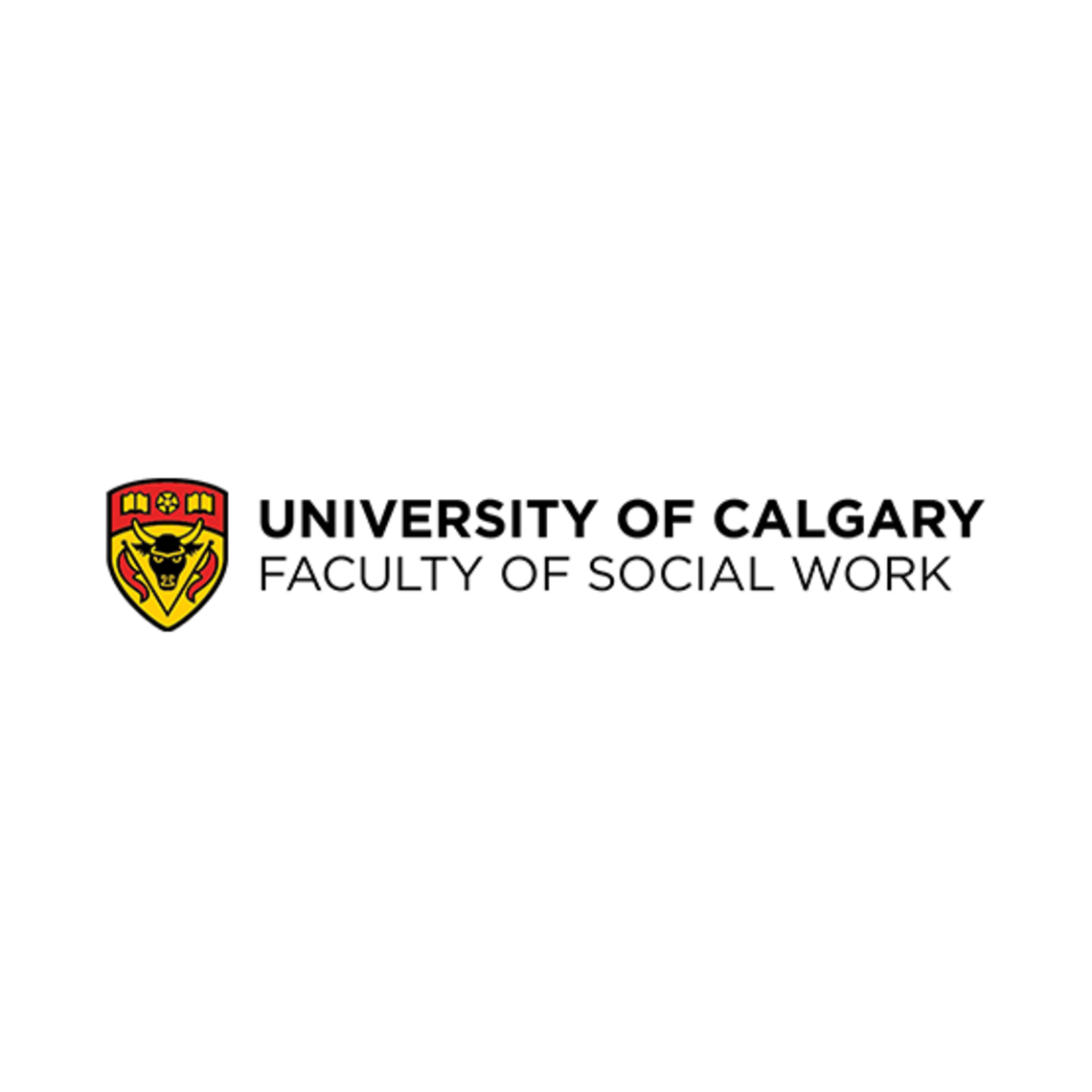


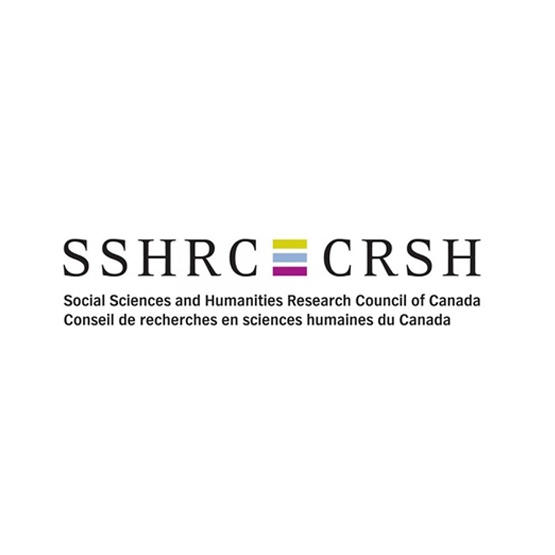
Have questions? Email symposiumgbv2025@gmail.com
